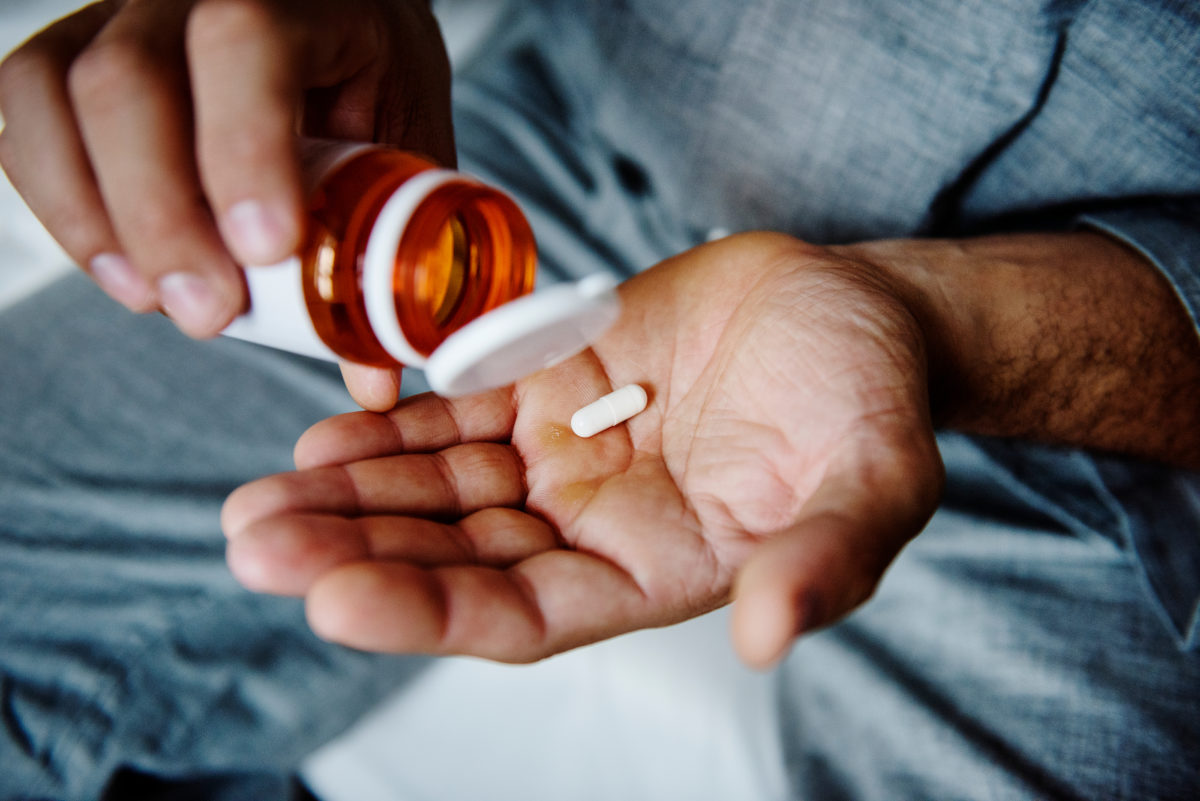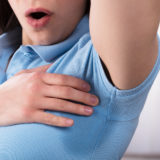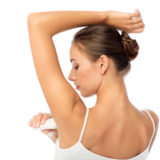Hyperhidrosis and Oral Medications

If you suffer from excessive sweating, or hyperhidrosis, it is not a lost cause – you don’t have to deal with extra sweat forever – there are several different hyperhidrosis treatments that you can choose to manage your sweat. Talk to a hyperhidrosis physician, like Dr. Peter Mikhail, about which treatment is best for you.
In this article, we discuss oral medications used to treat hyperhidrosis. For the most part, the medications used to treat hyperhidrosis are anticholinergics and beta-blockers. These medications are prescribed to alleviate generalized hyperhidrosis and excessive sweating on the face. They work by blocking neurotransmitters that stimulate the sweat glands.
If you’ve tried prescription-strength antiperspirants and are still sweating excessively, a doctor may suggest putting you on oral medications.
Anticholinergics work by blocking a certain chemical as it travels to the receptors on the sweat glands which trigger sweating, thus reducing sweating. Such anticholinergics include: Propantheline, Glycopyrrolate, Oxybutynin, and Benztropine. These types of medications reduce sweating all over the body. If you are very athletic or have a labor-intensive job, anticholinergics may not be right for you as you may overheat.
Using anticholinergics to treat hyperhidrosis has never been studied in clinical trials so its use is based on anecdotal evidence only.
Side effects of anticholinergics include dry mouth, impaired taste, urinary retention, constipation, blurred vision, and heart palpitations.
Beta blockers are a nerve-blocking medication that help block physical manifestations that occur from anxiety. Anxiety can produce sweat, beat blockers help block that sweat from occurring. Some beta blockers used include OnabotulinumtoxinA (Botox), Propranolol, and Benzodiazepines.
Beta blockers are good for patients who sweat excessively from stressful events.
Side effects from beta blockers can include depression, blurred vision, tiredness, and dizziness.
Overall, oral medications are best for patients with generalized sweating, secondary hyperhidrosis, and facial sweating. These medications are usually not good for patents over 65 years old, and patients who have glaucoma, urinary retention problems, and impaired gastric emptying.
Oral medications will not work for everyone. To determine if oral medications are right for you, talk to a doctor about your symptoms, past treatments, and your lifestyle.
Need a hyperhidrosis doctor? Looking for hyperhidrosis treatment? Dr. Mikhail is a Tampa hyperhidrosis physician and surgeon. He will determine if oral medications are the right hyperhidrosis treatment for you. To book a consult, click our Tampa hyperhidrosis treatment contact page or call 727-312-4844.


